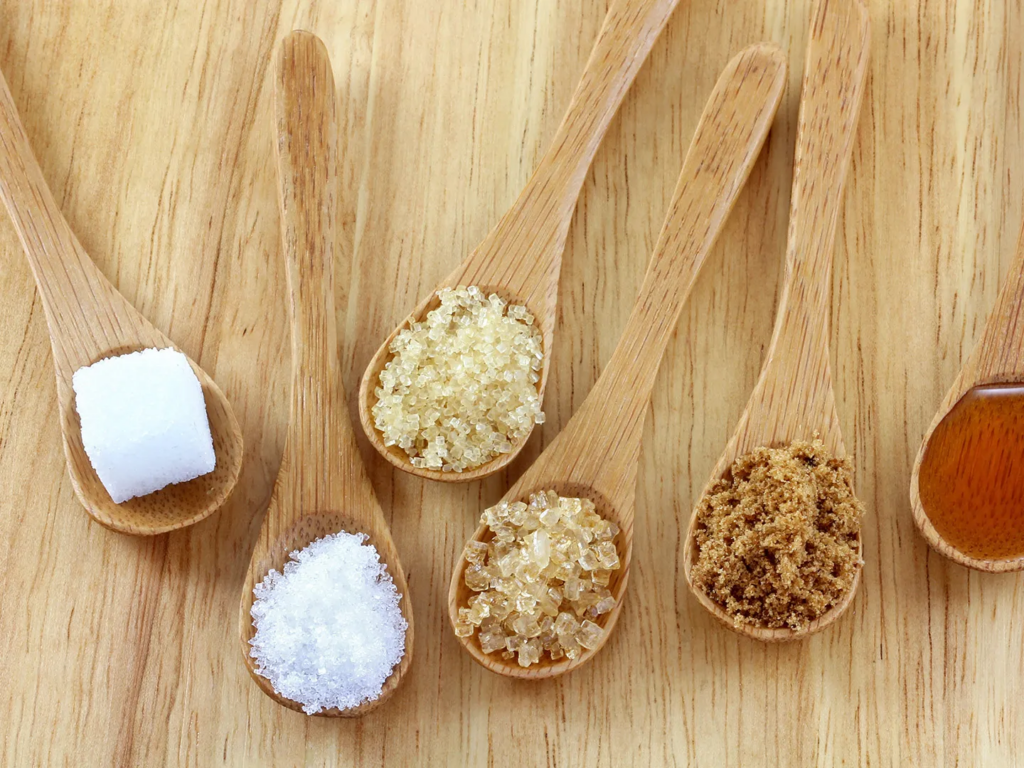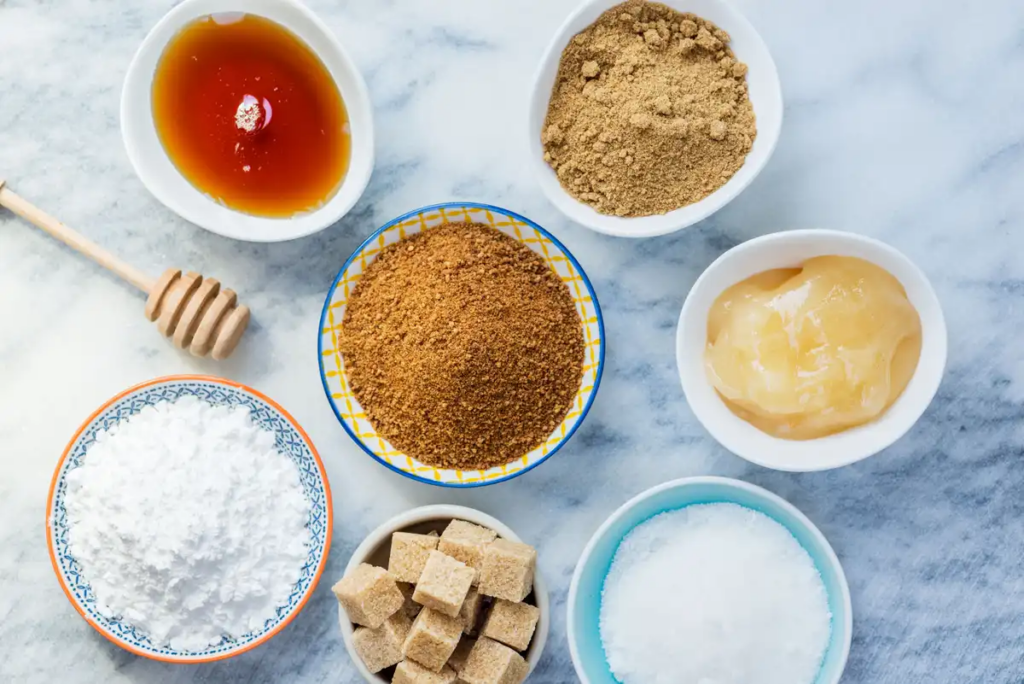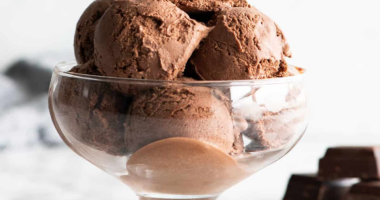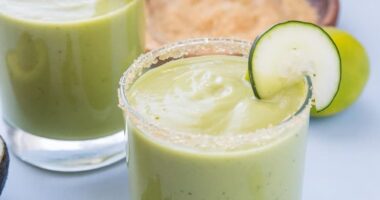7 Sugar Alternatives for your health;- Are you trying to reduce your sugar intake but can’t seem to shake off those cravings? Look no further! We have compiled a list of 7 sugar alternatives that are not only healthier for you but also delicious. From natural sweeteners like honey and maple syrup to low-calorie options like stevia and monk fruit, we’ve got you covered. Say goodbye to the negative effects of sugar and hello to a healthier lifestyle with these tasty alternatives.

What is sugar?
Sugar is a commonly used ingredient that adds sweetness to many foods and drinks. It is also known as sucrose, which is made up of glucose and fructose molecules. Sugars are simple carbohydrates that occur naturally in fruits, vegetables, and dairy products.
There are various types of sugar available on the market today. The most common varieties include white granulated sugar, brown sugar, powdered or confectioner’s sugar, raw cane sugar, palm sugar and high-fructose corn syrup.
Sugar has both pros and cons for your health. On the positive side, it provides quick energy to our bodies when we consume it in moderation. However, excessive consumption can lead to obesity and other serious health issues like type 2 diabetes.
It’s important to read food labels carefully to determine how much added sugars you’re consuming every day. Overconsumption of sugary foods can increase blood pressure levels which increases the risk of heart disease.
Reducing your intake of added sugars can be beneficial for your overall health by decreasing inflammation throughout your body while providing more nutrients from whole-food sources instead!
The Different Types of Sugar
There are several types of sugar that we consume in our daily diet. The most common one is table sugar or sucrose, which is made up of glucose and fructose. It’s commonly found in sweets, baked goods, and added to beverages.
Another type of sugar is high-fructose corn syrup (HFCS) which is widely used as a sweetener in processed foods such as soft drinks, sauces, dressings, and baked goods. This type of sugar has been linked to obesity and other health problems when consumed in excess.
Then there’s natural sugars like honey and maple syrup which contain antioxidants and minerals but should still be consumed in moderation due to their high calorie content.
Fruit also contains sugars such as fructose but it also provides essential nutrients like vitamins, fiber, and water which make it a healthier alternative to consuming refined sugars.
Lactose is the sugar naturally found in milk products such as cheese or yogurt. While it does provide energy for the body it can cause digestive issues for some individuals who are intolerant to lactose.
It’s important to understand the different types of sugars we consume so that we can make informed decisions about our food choices.
The Pros and Cons of Sugar
Sugar is a type of carbohydrate that provides the body with energy. However, consuming too much sugar can lead to health problems such as obesity, diabetes and tooth decay.
On the positive side, sugar can boost your mood by increasing dopamine levels in the brain. It also provides quick energy for physical activity and helps fuel your brain for mental tasks.
Nevertheless, consuming high amounts of sugar regularly can have negative effects on our bodies. Sugar is often added to processed foods which are low in nutrients but high in calories. This leads to weight gain and increases the risk of developing chronic diseases such as heart disease and cancer.
Moreover, excessive consumption of sugary beverages like soda leads to dental cavities due to bacteria feeding off sugars left behind on teeth. Additionally,sugar causes insulin resistance leading to Type 2 Diabetes mellitus
While it’s okay to occasionally indulge in sweets or desserts,it’s essential not to make them a regular part of your diet,and always be aware that hidden sources may exist within some foods we consume daily.

Sugar Alternatives
If you are trying to reduce your sugar intake, there are plenty of alternatives available. Here are seven sugar substitutes that can be used in cooking and baking:
1. Honey: It is a natural sweetener with antioxidants and antibacterial properties that help boost immunity.
2. Stevia: It is a zero-calorie plant-based sweetener rich in antioxidants and has been known to improve insulin sensitivity.
3. Coconut Sugar: It is made from the sap of coconut flowers, is low glycemic, and contains minerals like potassium, magnesium, zinc & iron.
4. Maple Syrup: This natural syrup derived from maple trees adds flavor as well as sweetness to baked goods while providing vitamins and minerals
5. Agave Nectar: A popular alternative for vegans because it’s derived from cactus; agave nectar is sweeter than honey but has a low glycemic index.
6. Monk Fruit Sweetener: Derived from dried monk fruit extract; this sweetener doesn’t spike blood sugar levels like regular sugar does!
7. Erythritol: A low calorie granular substitute made by fermenting corn or wheat starch which adds volume without adding calories or carbs
All these sugar alternatives may not be perfect replacements for table sugar, but they come with their own unique health benefits making them worth exploring!
Conclusion
After discussing the different types of sugar, its pros and cons, and sugar alternatives, it is clear that sugar can have negative effects on our health if consumed in excess. However, there are many natural and healthy alternatives to satisfy our sweet cravings.
From honey to stevia, monk fruit to maple syrup, each alternative has its unique taste and benefits. Some may be better for baking while others are great for adding sweetness to drinks or dishes.
It’s important to note that even though these alternatives are healthier options than refined sugar, they should still be consumed in moderation as they still contain calories.
The key takeaway is that reducing your intake of added sugars and opting for natural sugar alternatives can lead to a healthier lifestyle overall. It’s all about finding the right balance and making small changes over time.
So next time you’re looking for something sweet, try one of these seven sugar alternatives instead! Your body will thank you.









